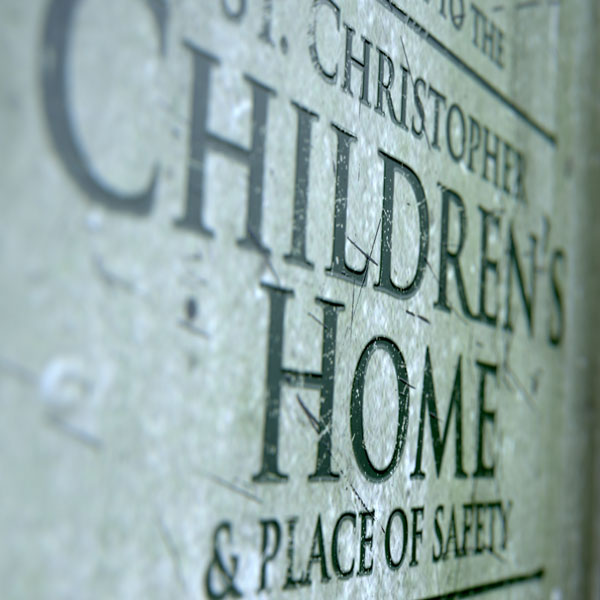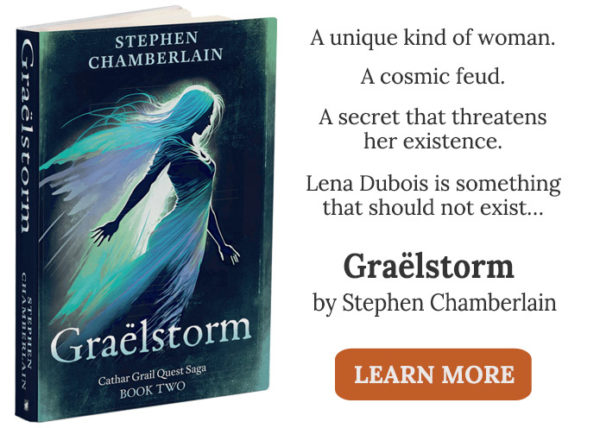An orphaned calf licks its own back – Kenyan Proverb
When I began plotting my Grail-quest novel, Graëlfire, my main protagonist, Lena Dubois, was a young university student whose parents worked overseas. This was fine for the character arc I’d invented, but as I progressed with my plotting, I gave Lena a secret identity unknown to her—a backstory that required her to be an orphan. Although killing off Lena’s parents became necessary from a narrative point of view, I was glad of the opportunities it brought to strengthen her character. I could give her more independence and a free rein to make choices that would have lacked credibility for someone living in the bosom of a nurturing family. And that got me thinking about the orphan trope.
Orphan and Orphan-like Heroes:
I know from my reading over the years that orphan heroes are one of the most common and popular character types in fiction. Harry Potter and Voldemort have become famous in recent times, but they hail from a long line of fictional orphans, from Cinderella and Snow White, through a host of Mark Twain and Charles Dickens characters to Frodo Baggins, Jon Snow, and Daenerys Targaryen. Then there are the “almost orphans,” characters whose parents are still alive but have abandoned them—like Katniss Everdeen, whose mother is so incapacitated by depression that she cannot care for her children. Or the Pevensie children in The Lion, the Witch and the Wardrobe, who are conveniently separated from their parents during the Blitz and put under the loose control of some nebulous uncle. Which begs the question: Why do authors love writing about orphans so much, and why do readers enjoy reading about them?
Expediency:
From the writer’s point of view, one of the most practical reasons is convenience. Being orphaned is a handy springboard for fictional heroes, particularly those who embark on a story that involves breaking links with their past or reinventing themselves. Family ties have consequences in real life; characters cannot simply walk off into an adventure and be believable. Orphans come without family commitments and can answer the call to adventure without the emotional mess of leaving anxious relatives behind. Orphanhood is also a convenient way for the writer to create credible characters born with a secret identity that no one around them knows. That’s why many superheroes are orphaned characters. Think of Batman, Superman and Spider-Man. In short, being orphaned is a great plot enabler for adventure and quest stories.
Conflict
Of course, being an expedient for writers doesn’t make stories about orphan heroes compelling reading per se. That comes down to what writers call conflict. Readers love suspense, and a protagonist who has obstacles to overcome intrigues them. Conflict is the essence of storytelling. It’s what brings drama, tension and suspense to the plot—sparks that can turn a plodding storyline into a page-turner. Without challenges and setbacks for the protagonist, any story about them is a vehicle with no engine.
Putting a vulnerable orphan or orphan-like character at the centre of the plot is instantly dramatic. With no families to support them, orphans can be pushed to their limits. They come tailor-made for precarious situations and rising tension, because they are forced to fight their own way through whatever adversities the author throws at them. That’s why they make excellent protagonists in coming of age stories that follow their self-discovery and change as they grow up and mature. What could be more inspiring for the reader than when orphans triumph against all odds, like Jane Eyre and Oliver Twist, who rise out of poverty and gain fortune through their own spirit and endurance? Or like Harry Potter, who finds a substitute for the family he never had in Hermione Granger and Ron Weasley. Rags to riches and other happy endings never fail to deliver the feel-good factor, especially when the hero gains maturity and wisdom along the way.
Empathy:
Readers love characters like these because orphans pull on our emotions and are easy to root for. We feel empathy for them, not because we’ve experienced the tragedy and trauma of losing both parents in childhood or because we were abandoned on the doorstep of neglectful guardians. Rather, it’s because orphans are potent symbols of a vulnerability that plays on our insecurities of being left alone in the world. After all, one of the worst nightmares for any child must be losing parents through death or divorce, or for any adult, suffering loneliness or being marginalized and isolated from society. Moreover, who hasn’t had their own coming of age moments? We’ve all experienced what it’s like to grow up, and so it’s easy to identify with a character like Harry Potter as they struggle through the insecurities and challenges of adolescence. That’s why orphans resonate with readers. They are relatable. Almost subconsciously, we can recognize the challenges they’ve faced and acknowledge the suffering they’ve endured.
Beyond Convenience:
Orphan heroes in fiction have many dimensions to explore, and so it comes as no surprise they’ve stood the test of time. But for all the qualities they bring to storytelling, they come into their own when being orphaned brings deeper significance to the plot. Take Harry Potter for example: Voldemort gave his mother, Lily, the opportunity to step aside, but she refused and died to protect Harry. Her death through self-sacrifice becomes a lynch pin of the series. Born out of love, it not only brings meaning to Lily’s death but also saves Harry from Voldemort’s lethal spell and creates a powerful protective shield around him. In the end, it’s the sacrificial love, rather than magic, that defeats the Dark Lord.
I like to think the same is true for my Graëlfire protagonist, Lena Dubois. Her orphanhood is no mere expedient to launch her on her quest, or to create tension and arouse sympathy from readers. It’s an essential component of the narrative—her search for identity and ultimate transformation, which I’m looking forward to revealing in the sequel.



